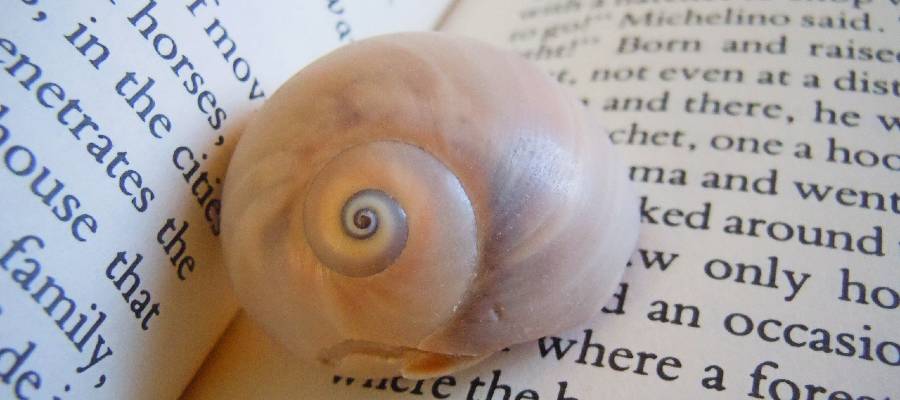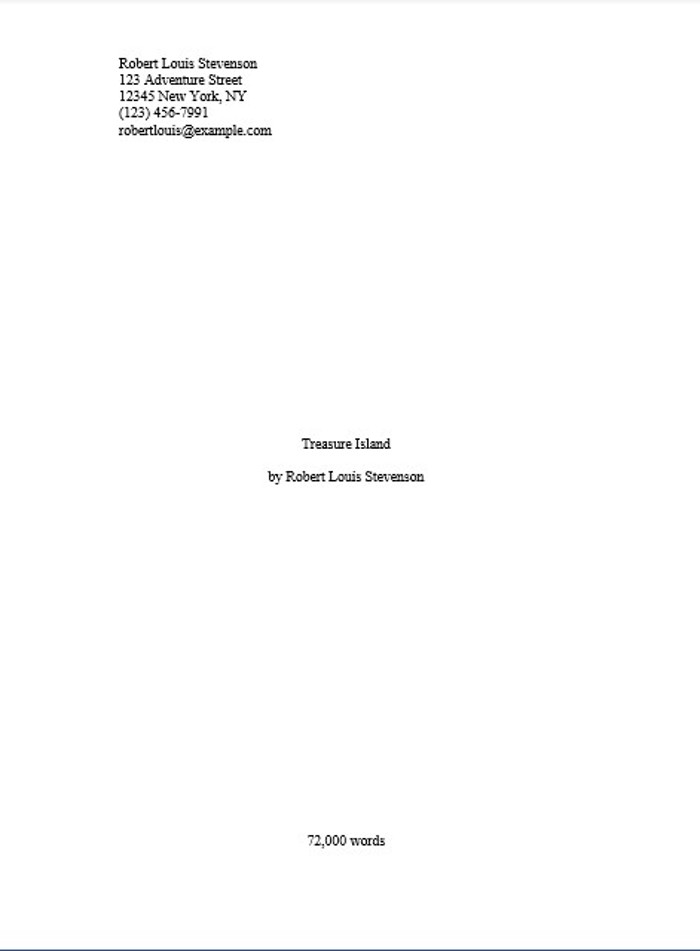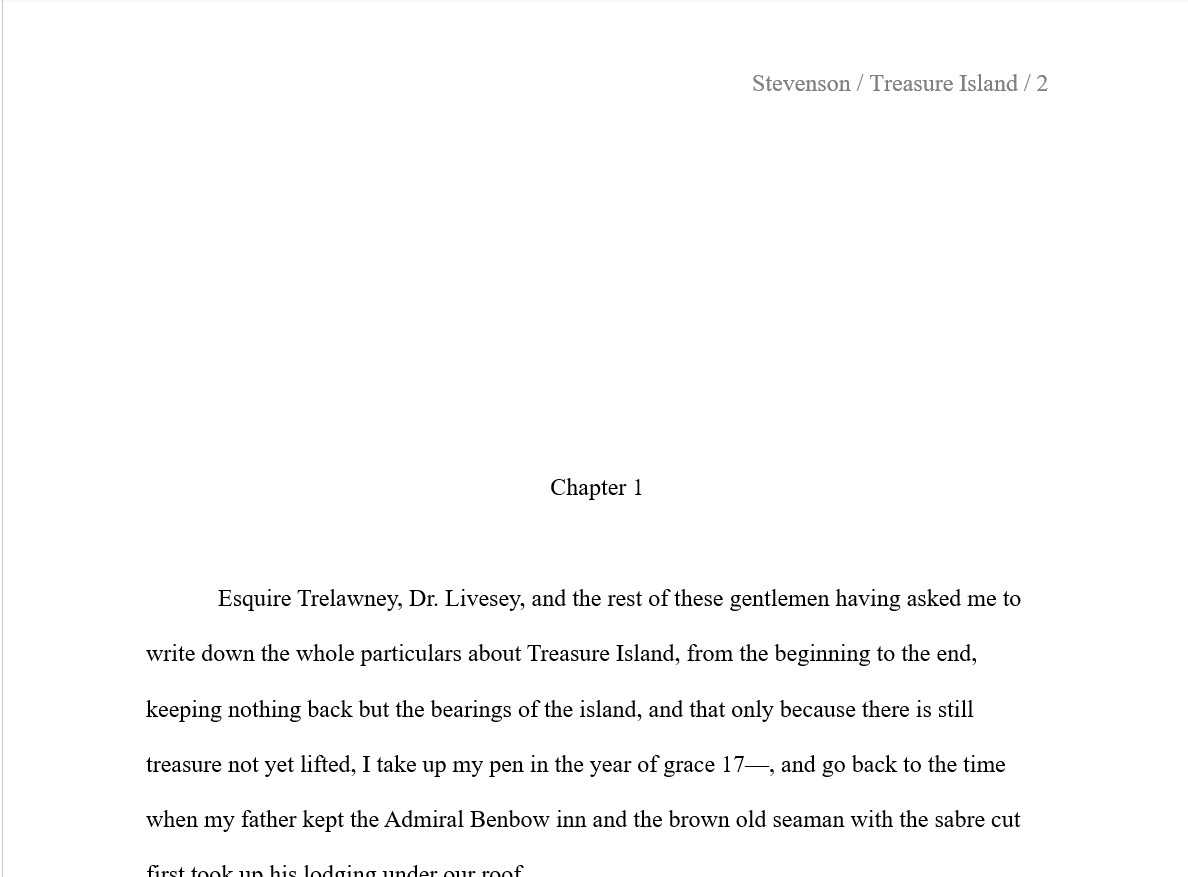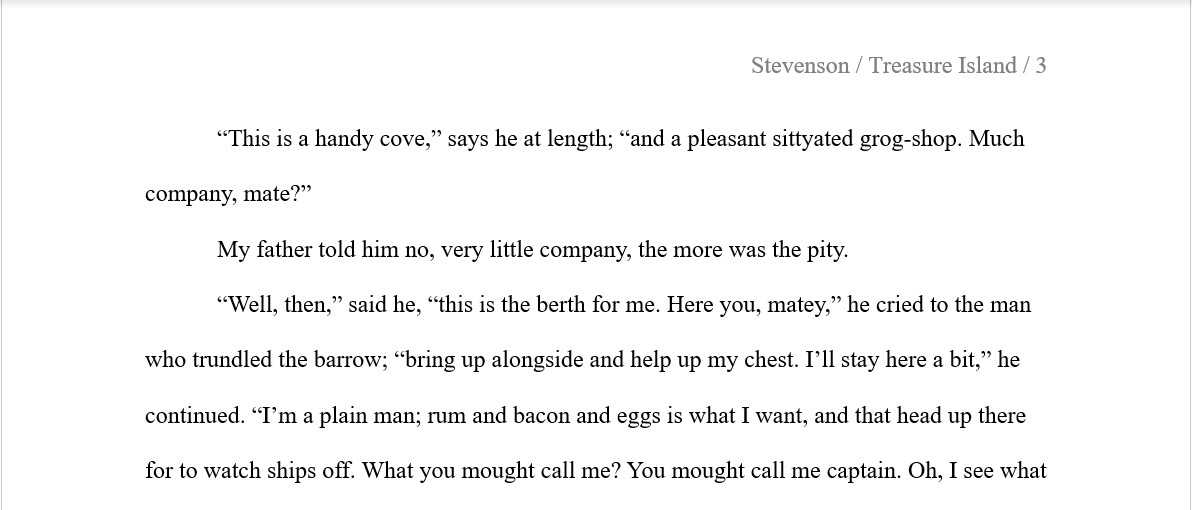Fiction Publishing - Novels & Stories
On this page, you'll find a step-by-step guide to fiction publishing. Before you publish your manuscript, make it shine with our free revision checklist!

Maybe you have a completed fiction manuscript ready to publish, or maybe you're looking ahead to see what will be involved in publishing your future work...
Let's start by talking about fiction publishing options and the steps to follow for each one.
Traditional publishing with a major publishing house.
Most big publishers won't accept manuscripts directly from new authors. You have to submit to them through an agent. Getting a good agent to represent you can be as difficult as getting a publisher.
Poets & Writers publishes a database of reputable agents.
Look for agents who represent fiction in your genre. Then visit the agency website to learn more about each agent in order to choose the best fit for your work.
On the agency website, you'll find current submission requirements, which tell you what to send to the agent to be considered as a client. Be sure to follow the guidelines exactly.
Normally, literary agents are only paid after they sell your book—they receive a percentage of what you earn. That is why they're so picky about whom they take on as clients. If they aren't confident about your book's earning potential, they won't want to represent it.
You shouldn't have to pay anything to an agent in advance. If an agent asks for cash up front, that should set off alarm bells.
Traditional publishing with a small press
You may not need an agent to publish with a small press.
Poets & Writers publishes a directory of small presses that you can browse.
On Writersmarket.com, you can search specifically for small presses or do a general search for publishers that are open to unagented submissions.
Before submitting to a publishing house, visit their website and check their submission guidelines, then follow them carefully.
Also look at what novels they have published. Do you see novels like the one you have written? Would your manuscript be a good fit for their portfolio? If not, don't waste your time—move on to the next one.
Publishing in literary magazines
If you write short fiction, publishing in literary magazines is a way to get your work to readers -- and potentially also attract the attention of a literary agent.
We've put together an e-book on publishing in literary magazines, which you can download for free here.
Read more about publishing in literary magazines here.
Self-publishing
These days, there are a lot of easy options for self-publishing a printed book and/or an e-book. You can read more about self-publishing here.
When to submit your fiction
If you only have a story or two, consider submitting them to literary magazines. However, if you aim to submit to an agent or a publishing house, you'll typically need a book-length manuscript.
A manuscript for a story collection will normally be at least 40,000 words. A novel manuscript in most genres will normally be around 70,000-90,000 words, although science fiction and fantasy novels may be longer.
You'll want your manuscript to be as polished as possible before you submit it. Before submitting a story collection, it's a good idea to build a track record by publishing individual stories in literary journals.
Preparing Your Submission
Depending on each agent or publisher's guidelines, you are likely to start by sending a query letter. You may also be asked to submit a synopsis and/or a partial or complete manuscript. Let's talk about each of these elements.
The query letter
A query letter should generally be not much more than 300 words and include the following information:
1) the genre of your novel (e.g., mystery, thriller, literary fiction, etc.)
2) a couple of comparable titles ("comps"). Try to choose at least one recent title to compare your novel to. Look for titles that were commercially successful but not such blockbusters that they might sound unrealistic (for example, it's better to compare your novel to Station Eleven than to say it's the next Harry Potter.)
3) the novel's word count (round off to the nearest 1,000 words -- for example, "82,000 words" instead of "82,391 words")
4) a brief description of your novel that includes the main character, the main conflict and stakes, and the setting. You're selling your novel here, so make it sound as juicy as possible!
5) a line or two relevant information about yourself, e.g., if you have any previous publications or other writing credentials, if you've attended nationally-known writer's conferences, etc.
Try to address your query letter to a specific agent or editor. If possible, personalize it a little for each submission, explaining why you've chosen that particular person to submit to.
The synopsis
A synopsis is a summary of your novel. It allows agents and editors to see that your story is well-plotted and that all the pieces fit together.
Basically, your synopsis shows what happens in your novel, including the ending. It's okay to have spoilers in a synopsis.
If you have a complex story with a many characters and subplots, you'll probably have to simplify in your synopsis. Someone reading your synopsis should easily get an idea of the main story arc and how it affects the main character.
Unless you are asked for a synopsis of a specific length, aim for between one and two pages, single-spaced.
You can find synopsis examples here.
Manuscript sample
If you're asked to send a portion from your manuscript (e.g., ten pages), the expectation is that you will asked to send the beginning (e.g., the first ten pages).
If you are asked to all or part of your manuscript as a Word attachment to an email (or if you're sending a printed version by standard post), you'll normally use standard manuscript format.
1) Leave at least 1" margins on all sides.
2) Use Courier, Arial, or Times New Roman font, 12 point.
3) Start with a cover page. Put your name and contact information in the top left corner, single-spaced. Go about halfway down the page, and put your title (centered), then on the next line (also centered) "by [Your Name]". At the bottom center of the page, put the word count of the completed novel, using a rounded number, (e.g., "82,000 words" instead of "82,391 words"). Do not put a page number on your cover page.
Your cover page will look something like this:

4) For each subsequent page, use the following page number format in the top right: Last Name / Title / #. You can use a shortened version of your title. For example, if you're submitting a novel called The Great Gatsby by F. Scott Fitzgerald, the top right of the first page might look like this: Fitzgerald / Gatsby / 1
5) For every page that starts a new chapter, go a third or halfway down the page, put the chapter number and/or title (centered), skip a line, then begin the chapter (left-aligned). Each chapter should begin on a new page.
6) Double-space text. Indent the first line of new paragraphs. Do not insert an extra line between paragraphs.
7) If you want to mark a section or scene change with an empty line, you can use the pound symbol # in the extra line to show that it’s meant to be empty.
The first page of a chapter will look something like this:

The heading of other manuscript pages will be formatted like this:

Fiction publishing is sloooooow.
Once you've sent your submission off, be prepared to wait. Agents and editors can take months to reply, and in many cases do not reply at all ("If you don't hear from us, that means 'no'" has become a common policy, which can make waiting even more frustrating.).
Don’t let silence or rejection discourage you. It's a normal part of the process! Some agents receive literally hundreds of submissions a week but only take on one or new clients a year. That means that your manuscript can be FANTASTIC but still get lots of rejections.
I recently listened to a podcast where a couple of literary agents were talking about how the standard reason given in rejection letters, "I don't think I'm the right agent for this project" is often actually true. For example, maybe the agent really admires a particular novel, but it has science fiction elements, which is not what she's good at selling.
Submitting a novel manuscript tends to be a numbers game. You have to submit a LOT and hope your novel reaches the right person at the right time.
In the meantime, keep writing, and keep submitting!
Fiction Publishing - Next Steps
Polish your manuscript with our free revision checklist.
Get our e-book on publishing in literary magazines for free.